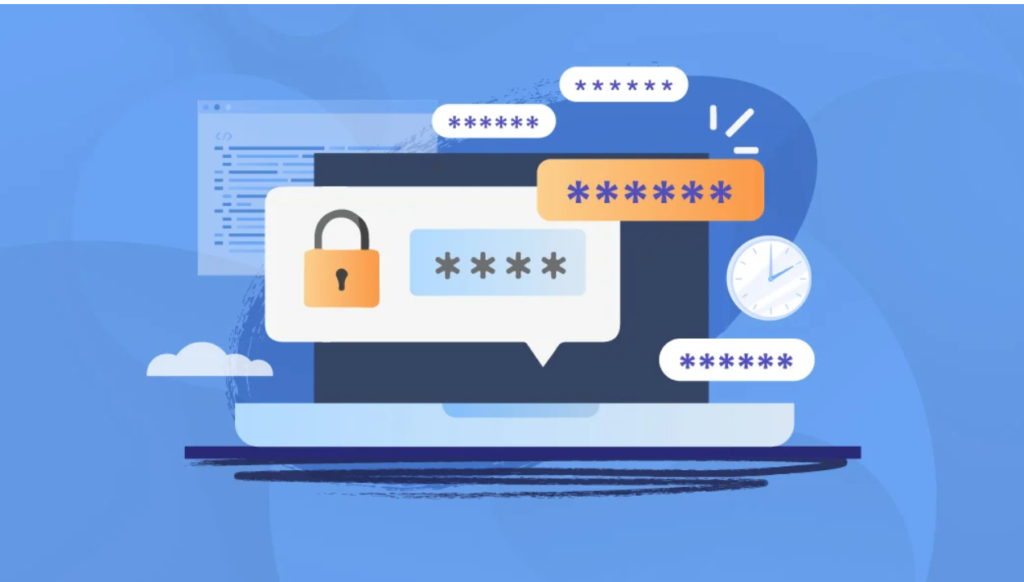
A password manager is a software application that helps you create and store strong passwords for all of your websites and accounts. This can help protect your accounts from unauthorized access.
There are many different password managers available, and they vary in terms of features and pricing. However, some of the most popular password managers include:
- 1Password: 1Password is a popular password manager that is available for Windows, macOS, iOS, and Android. It offers a variety of features, including the ability to generate strong passwords, autofill forms, and sync your passwords across devices. Opens in a new window support.1password.com 1Password web browser extension logo
- LastPass: LastPass is another popular password manager that is available for Windows, macOS, iOS, and Android. It offers a similar set of features to 1Password. Opens in a new window oit.siu.edu LastPass web browser extension logo
- Dashlane: Dashlane is a password manager that is available for Windows, macOS, iOS, and Android. It offers a few additional features, such as the ability to store credit card information and a VPN. Opens in a new window cybernews.com Dashlane web browser extension logo.
When choosing a password manager, it is important to consider your needs and budget. Some factors to consider include:
- The number of devices you need to use the password manager on
- The features you need, such as the ability to generate strong passwords, autofill forms, and sync your passwords across devices
- Your budget
Once you have chosen a password manager, you can start creating strong passwords for all of your websites and accounts. Be sure to change your passwords regularly and to keep them safe.
How to Back Up Your Data Regularly
Backing up your data regularly is important in case your computer crashes or your data is lost. There are many different ways to back up your data, such as using an external hard drive, cloud storage, or a tape backup.
Here are some tips for backing up your data:
- Choose a backup method that is right for you and your needs.
- Back up your data regularly, at least once a week.
- Keep your backups in a safe place, such as a fireproof safe or a cloud storage account.
- Test your backups regularly to make sure they are working properly.
By backing up your data regularly, you can protect yourself from losing important files and data.





